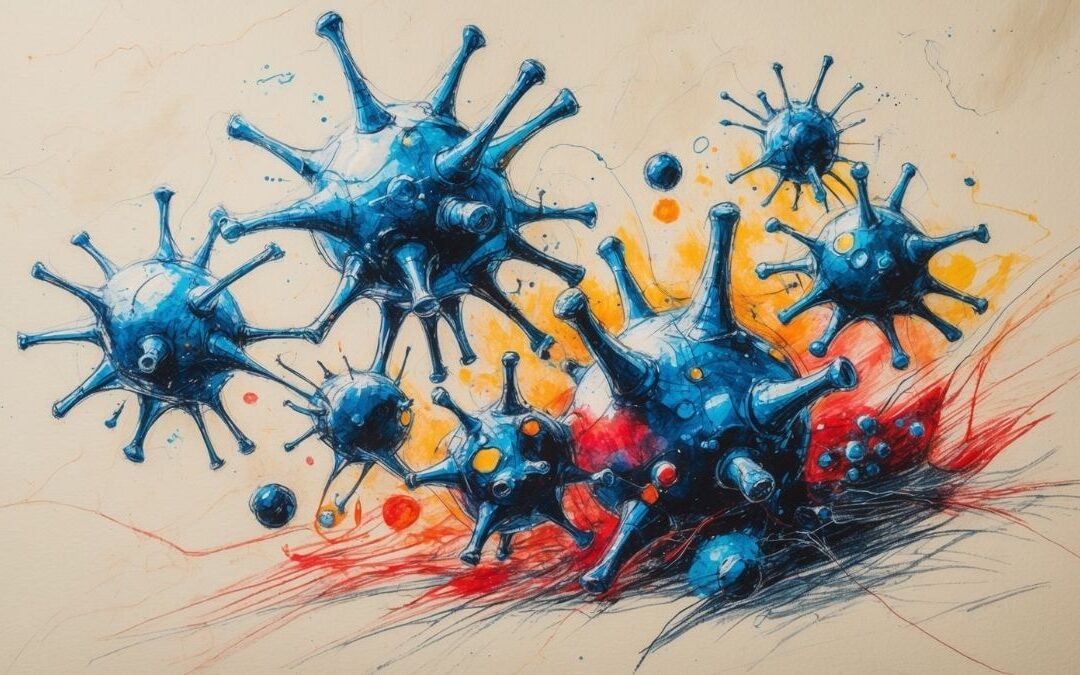Introduction
Learn 10 new words in the context of The Free Spirits of the Molecular World, and get to practice what you learn on the website. Take your English vocabulary to the next level.
Audio Podcast
The Free Spirits of the Molecular World
Matter comes in three forms-solid, liquid, and gas. Of the three, gas has been the most useful to scientists. In fact, it was Robert Boyle’s work with gases around 1660 that augured the science of chemistry some two hundred years later. Boyle found that the volume of a gas decreases as pressure is applied to it, provided that temperature and other factors remain constant. In other words, if you squeeze a gas harder, it gets smaller. Moreover, the relationship between pressure and volume can be predicted quite exactly. If you double the pressure, the volume is reduced by half. Gases, it seems, are the free spirits of the molecular world, wandering around as they please unless confined.
About one hundred years later, French chemist Jacques Charles proposed that the volume of a gas is directly related to its temperature, provided the pressure remains the same. In this case, however, the volume of a gas increases as the temperature is increased.
In the early 1800s John Dalton, an English chemist, used the work of Boyle, Charles, and a bevy of others to propose a theory that all matter is made up of atoms and molecules. This theory signaled the beginning of the science of chemistry. Dalton defined an atom as the smallest particle of an element. An atom of oxygen, for example, is represented by the letter O in H20, the formula for water. It is the smallest particle that has all the characteristics of oxygen. However, oxygen does not exist naturally as a single atom. In the atmosphere, two such atoms are linked one behind the other as a tandem molecule, symbolized by the formula O2.
Evidence that gases are free-moving molecules, careening around us, becomes apparent whenever something spicy is cooking, as odor is the most common method for detecting many gases. Baking bread, for example, releases millions of gaseous molecules into the air. Because these gases tend to move from areas of high concentration, say the kitchen, to areas of low concentration, like the living room, the odor spreads like a gossamer fog. Before long, the entire neighborhood knows that a palatable treat is being prepared in your kitchen.
While advertising your choice of cuisine may not appeal to you, several industries depend on this property of gases. The effectiveness of perfume or air fresheners in combating noxious odors depends on these wandering gas molecules. Gas also plays a role in the generation of light. Travel down any main street after dark and your eyes are assaulted by numerous, iridescent signs. These colorful displays are the result of a gas, usually neon, being energized by an electrical current.
Interactive Activities
Flashcards
Learning
Matching
Spelling
Test
Crossword Puzzle
PDF Practice Worksheet
You can find the premium PDF worksheet on Patreon.
Become a patron today and enjoy all premium episodes, series and other exclusive benefits.










0 Comments